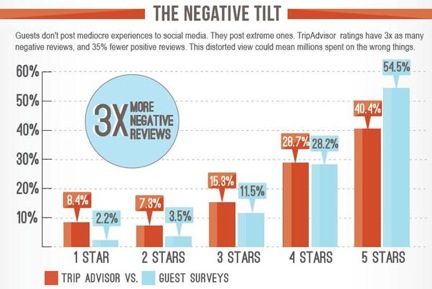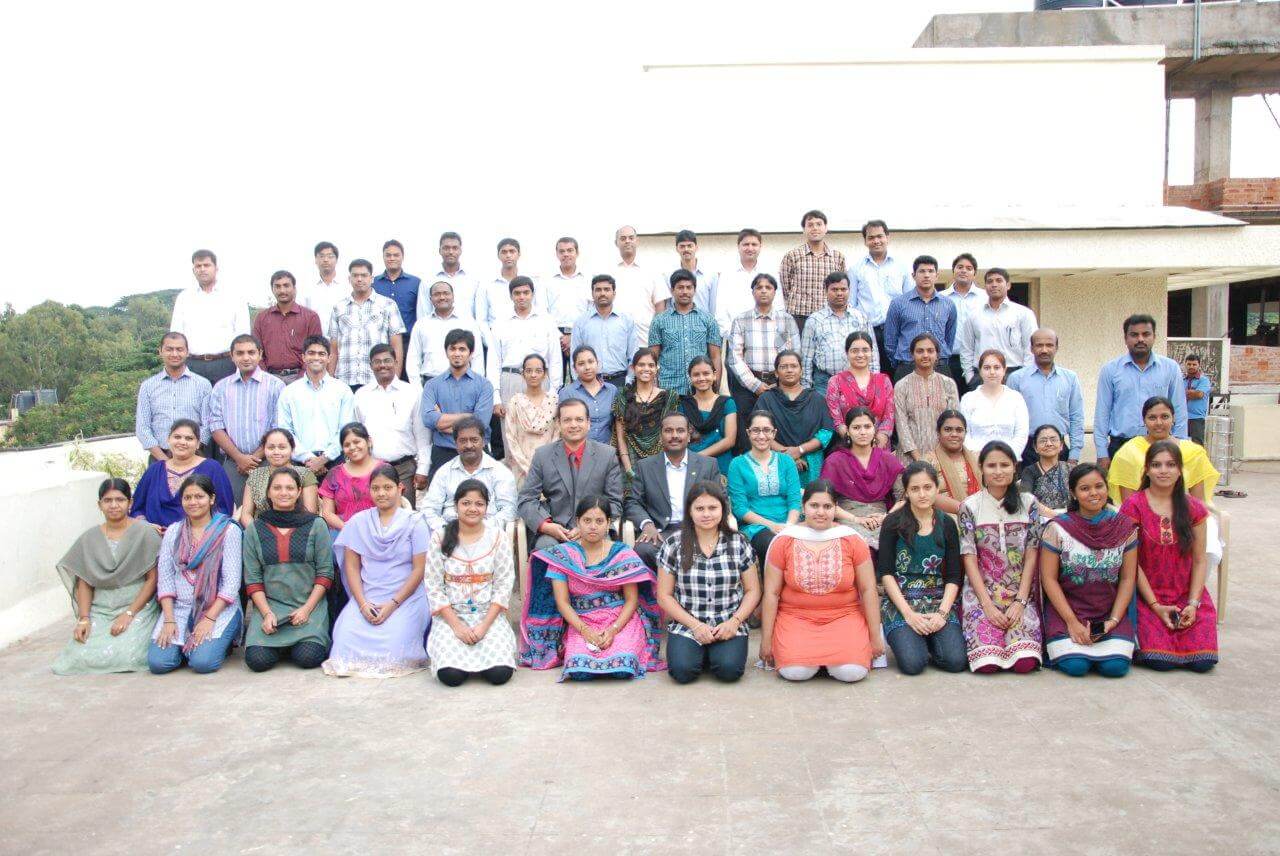Social intelligence firm newBrandAnalytics has analyzed information from 2012 to make some predictions for 2013 on what key ways businesses will use online feedback to enhance customer experience.
The key trends that will unfold in 2013:
Good-bye surveys: In 2012, organizations witnessed a 25% increase in online customer reviews. With a consistent, reliable and free source of feedback coming from the web, social intelligence has rendered solicited surveys pointless, and businesses will start to eliminate spend on solicited surveys in 2013.
Industrial espionage is now legal and free: Forget old-school normative assessments and anonymous data. Smarter companies will use social intelligence to dig into their competitors’ performance. They will not only benchmark competitors’ social data to try to outperform on operations, but also as inspiration for product creation. “We predict that more than one-third of businesses adding products or menu items will be inspired by their competition’s online customer feedback,” said Kristin Muhlner, CEO newBrandAnalytics.
So long traditional performance evaluations: Social intelligence will drive the real-time 360° performance evaluation system of the future. Forward-thinking companies will see the value of using online feedback from customers, guests and co-workers to assess performance, make hiring/firing decisions, and motivate staff.
Social media, not just for marketing anymore: Social media will break through the walls of the marketing department. Operations, human resources, customer service, and product development teams will have their own personal views into the intelligence. Ultimately, disseminating the information to more individuals ensures that investments in new locations and product offerings have the desired results in revenue and profitability.
Star ratings are so yesterday: Consumers and businesses alike will start ignoring the once-coveted star ratings as they are proving to be misleading, unreliable and not actionable. Instead, they will flock to online review analysis tools to gain the meaty insights and details they’re looking for. Consumers will seek verbatim reviews in making their purchase decisions; businesses will decipher the true meaning and uncover important themes discussed in these unstructured reviews to drive improvements.
Everything’s local: Companies will move from trusting brand level intelligence to wanting location-specific intelligence. The conclusion – it’s no longer about the brand. Savvy companies will use location-specific social reviews and alerts to quickly pinpoint trouble spots and react in a way best suited to deliver the best possible customer experience in that location or store.






